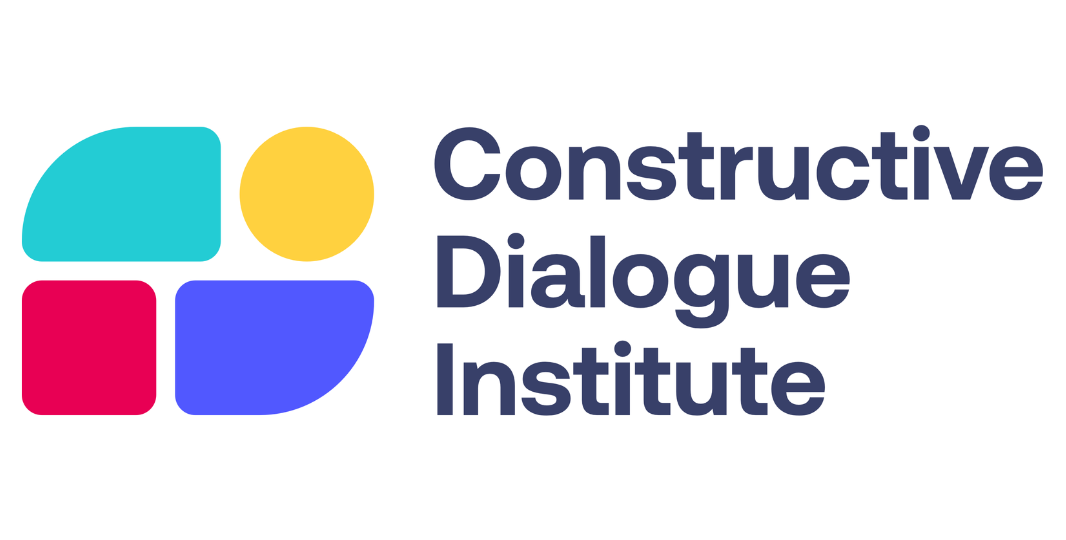A fundamental value of American higher learning institutions is their mission to educate the future leaders in ways that prepare them to be active citizens in a pluralistic society. This aim requires colleges and universities to demonstrate and teach students how to engage respectfully and empathetically across lines of difference.
But recent upticks of intolerance, incivility, and heightened political polarization on campuses threaten to undermine this objective. The Free Speech and Inclusion Report found that more than 90% of students surveyed were in favor of civil discourse across disagreements, but that about half of those same students are reluctant to share their views in the classroom on controversial topics. Moreover, nearly 40% of students were aware of incidents when people were ostracized for sharing their views, implying that “cancel culture” is a hinderance to productive discussions.
To promote the training and dissemination of evidence-based methods for improved dialogue across disagreement, AVDF supported the Constructive Dialogue Institute (CDI) with a $300,000 grant in 2021. The nonpartisan and nonprofit organization developed Perspectives, an interactive , online, evidence-based platform that fosters the traits and skills needed for mutual understanding and civil discourse within higher education.
“The Constructive Dialogue Institute uses behavioral science research to equip students and faculty with effective strategies for engaging in nuanced discussions across important lines of difference. The online Perspectives program is a cost-effective and scalable approach to instilling the skills necessary for civil discourse and ultimately collective action,” said Michael Murray, AVDF President and CEO.
With AVDF funding, CDI successfully refined, scaled, and advanced their work across the higher education landscape by increasing their campus partners, launching a new suite of tools, building the evidence base for their effectiveness and creating customized professional development opportunities for faculty and staff.
One of the organization’s most notable accomplishments was their increase in strategic partnerships with colleges, universities and associations of schools. These successes include the following:
– CDI established a partnership with the State Council of Higher Education for Virginia (SCHEV), Virginia’s coordinating body for higher education. Twelve Virginia colleges, with a combined enrollment of 175,000, will deploy the Perspectives program, and potentially other tools for constructive dialogue, in their campus practices.
– The College of William & Mary made the Perspectives program available to its entire freshmen class. A third of the incoming students went through the program in this first iteration, and CDI is working with the college to increase that percentage to 80%. This partnership helped CDI to secure interest from 40 other institutions to run similar student programming on their campuses in 2023.
– A partnership with the National Association of Student Affairs Professionals (NASPA) was instrumental in developing a cohort of 31 institutions who will embed the Perspectives program into their student affairs programs, with a potential reach of 10,000 students.
– CDI worked with the American Association of State Colleges and Universities (AASCU) to form a cohort of 42 interested professors. These professors will participate in a year-long program focused on embedding CDI’s resources into their teaching.
Along with their expanded and impactful reach, CDI achieved additional successes that have positioned them to be a trusted and recognized leading organization among civil discourse practitioners. These achievements include the following:
– CDI completed two randomized controlled trials in which they found significant decreases in polarization when communities used Perspectives. As an example, 73% of students who completed Perspectives showed a decrease in polarization. Relatedly, CDI was named a winner in Stanford’s Strengthening Democracy Challenge, a mega-study that tested interventions’ effectiveness in reducing anti-democratic attitudes and partisan animosity. CDI’s first peer-reviewed paper describing the results of their research has been accepted for publication in the Journal of Social and Political Psychology.
– Since early 2022, CDI has been featured in over 50 media outlets, including The New York Times, The Washington Post, Forbes, and the Chronicle of Higher Education. They were also named a finalist in three categories for the 2023 EdTech Digest Awards.
– In partnership with the Aspen Institute, CDI released a new research report, Transforming Conflict on College Campuses, that identifies causes of campus conflicts and offers strategies for solving them. Due to strong interest in this topic, a webinar series was created to complement the report.
– CDI recently formed partnerships with Heterodox Academy, Kern, and Porticus which will potentially enable CDI to reach additional audiences of faculty, medical students and Christian college students.
To date, tens of thousands of people have used CDI resources, and this usage will continue to scale in deep and lasting ways. CDI is an exemplar of an organization that seeks to assess its strategies empirically and to improve those methods as opportunities arise.
Back to all Stories

